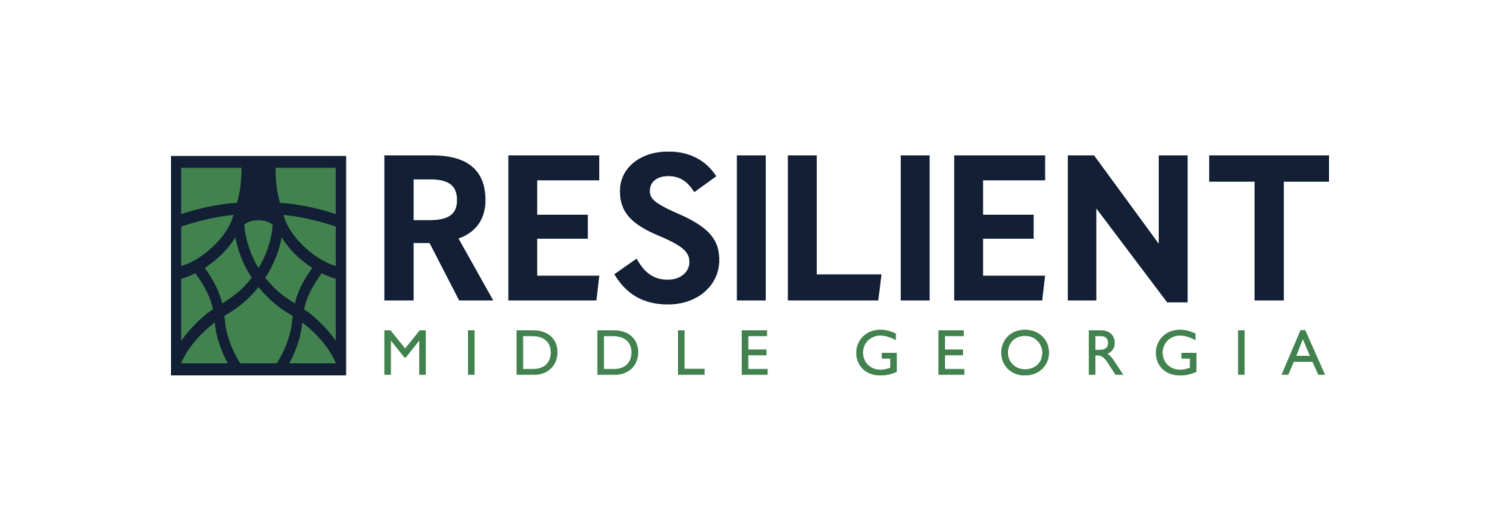
Learn More
Completed all the training and reading we suggested? Perhaps you just want to connect with other organizations who are doing trauma-informed work? Here’s a list of people doing the work.
ACEs Connection
ACEs Connection is the Social Network for the ACEs Movement. This site connects those who are implementing trauma-informed and resilience-building practices based on ACEs science. The network’s 40,000+ members share their best practices, while inspiring each other to grow the ACEs movement.
Connections Matter
Connections Matter is an in-person training designed to engage community members in building caring connections to:
Improve resiliency,
Prevent childhood trauma, and
Understand how our interactions with others can support those who have experienced trauma.
ACE BRFSS Data for Georgia
In 2016, Georgia included the Adverse Childhood Experiences (ACE) module as a part of the Georgia Behavioral Risk Factor Surveillance System (GA-BRFSS). The ACE module was developed by the Centers for Disease Control and Prevention (CDC) that was adapted from the original CDC-Kaiser ACE Study and is used to collect information about adult respondents’ childhood experiences related to abuse, neglect, and household challenges.
ACEs Fast Facts - CDC
Read more about Adverse Childhood Experiences from the CDC’s website.
Strong4Life
Strong4Life is here to help busy parents raise healthier families. We do this by focusing on three key strategies: equipping parents with the resources they need at home, training healthcare providers and working with schools and the community to impact kids where they learn and play.
National Child Traumatic Stress Network
The mission of the National Child Traumatic Stress Network is to raise the standard of care and improve access to services for traumatized children, their families and communities throughout the United States.
The Building Community Resilience Collaborative
The Building Community Resilience (BCR) collaborative at the Redstone Center seeks to improve the health of children, families, and communities by fostering engagement between grassroots community services and public and private systems to develop a protective buffer against Adverse Childhood Experiences (ACEs) occurring in Adverse Community Environments (ACEs) – the “Pair of ACEs." Connecting community organizations (through a church health ministry or trusted food pantry, for example) with larger systems (including those in health care, education, business, law enforcement) can begin to build a durable network to improve community wellbeing.
Harvard University | Center on the Developing Child
The Center on the Developing Child’s diverse activities align around building an R&D (research and development) platform for science-based innovation, and transforming the policy and practice landscape that supports and even demands change. We do this because society pays a huge price when children do not reach their potential, because half a century of policies and programs have not produced breakthrough outcomes, and because dramatic advances in science are ready to be used to achieve a promising future for every child.
